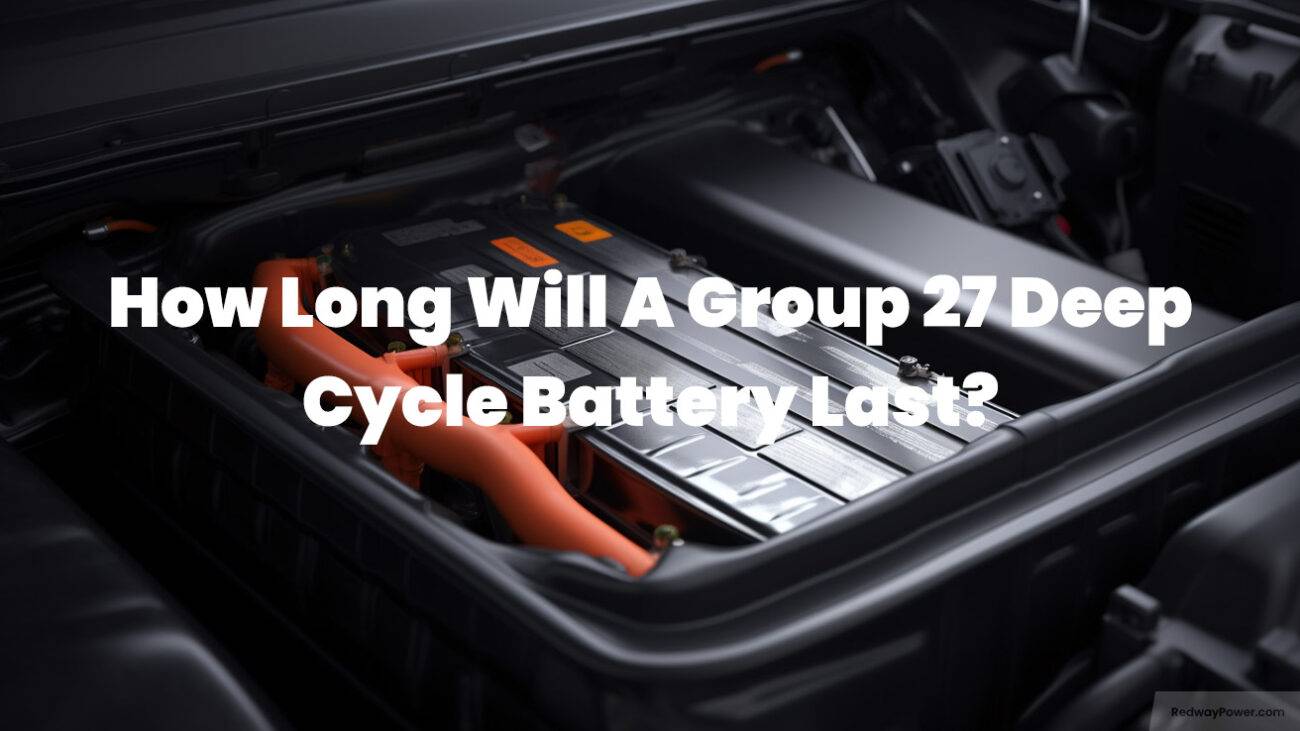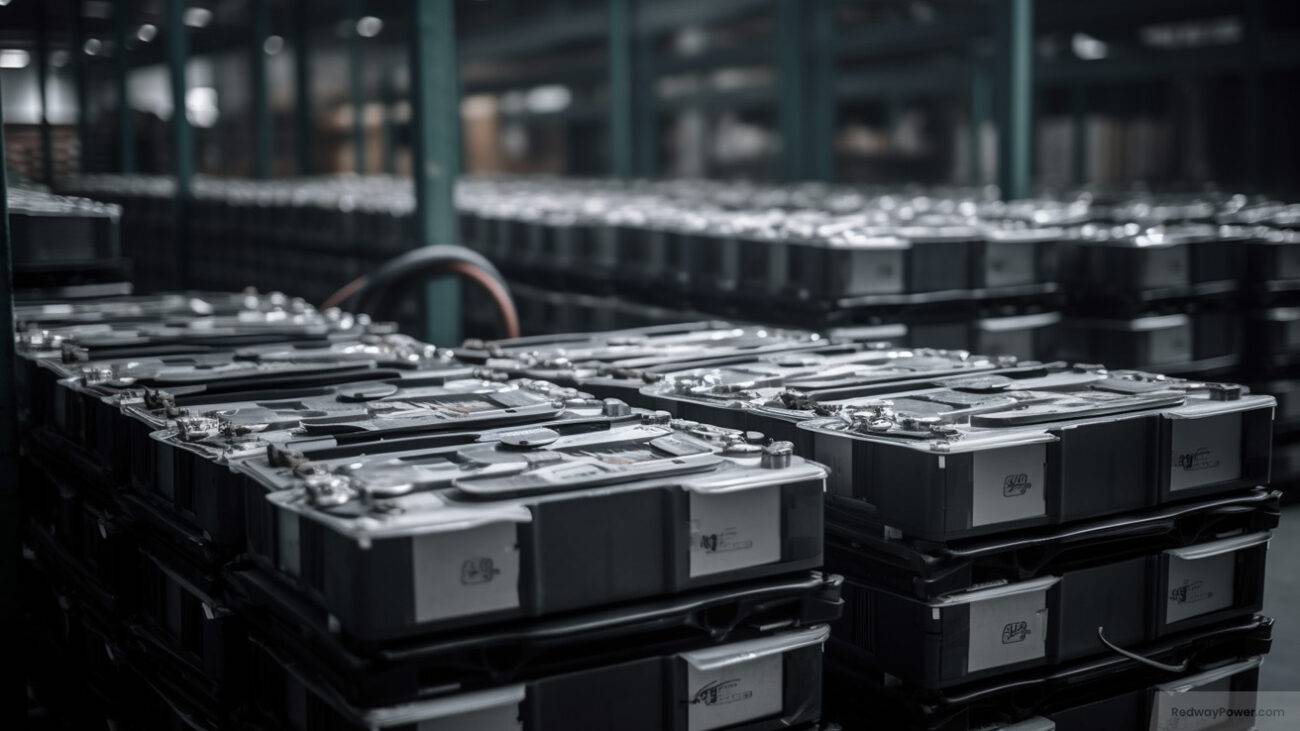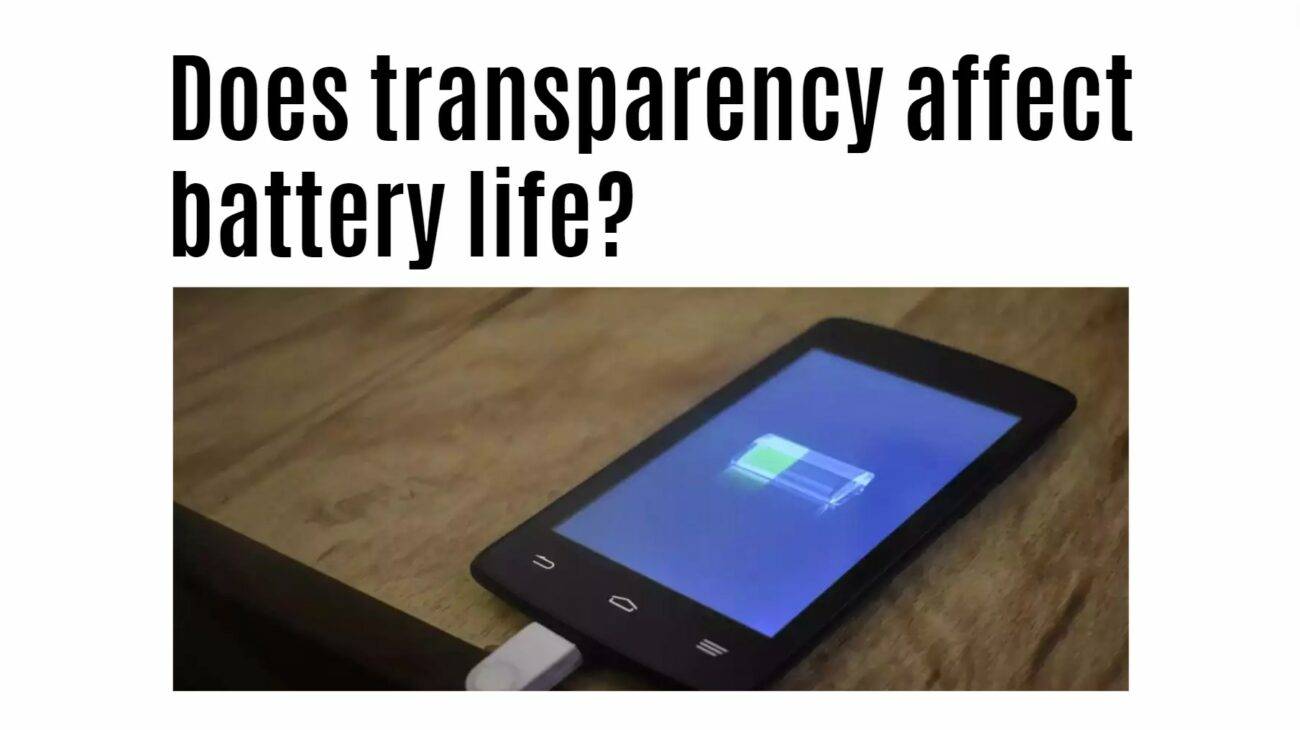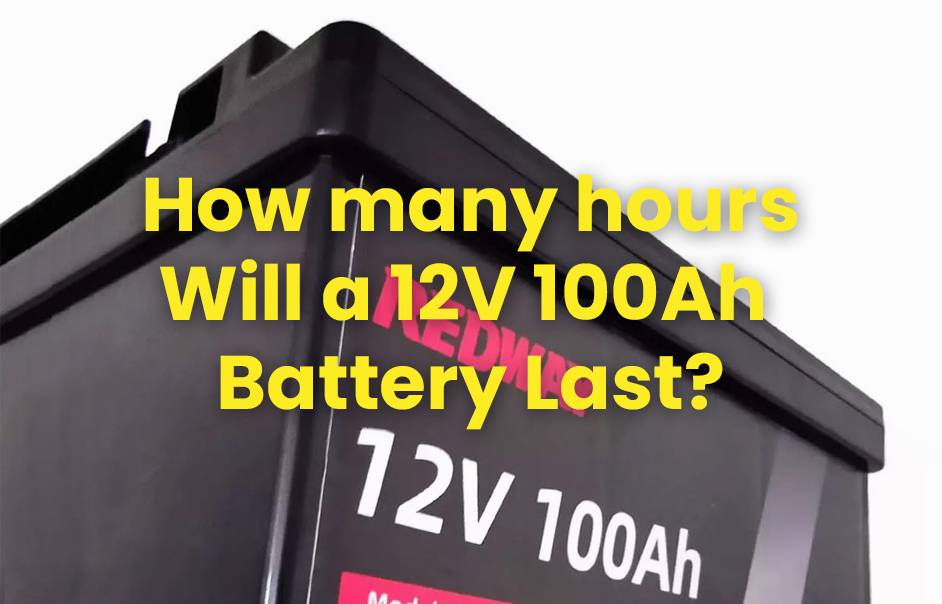
Blog
What Is the Strongest and Longest Lasting Battery Available?

The strongest and longest lasting battery today is typically a lithium-ion or lithium iron phosphate (LiFePO4) battery, offering high energy density, extended cycle life, and superior discharge efficiency. Redway Power emphasizes these chemistries in their OEM solutions, ensuring robust performance for EVs, solar storage, and industrial applications with up to 10 years of operational lifespan under optimal conditions.
What Are the Main Types of Long-Lasting Batteries?
The primary long-lasting batteries include LiFePO4, lithium-ion, nickel-metal hydride (NiMH), and advanced lead-acid AGM batteries. LiFePO4 stands out for high cycle durability, thermal stability, and safe operation. Lithium-ion packs are widely used in electronics and EVs due to energy density, while NiMH and AGM are more common for hybrid vehicles and backup systems.
How Do Lithium-Ion Batteries Offer Strength and Longevity?
Lithium-ion batteries provide high energy density and minimal self-discharge, allowing prolonged energy supply. Their internal resistance is low, which reduces heat generation during heavy use. Redway Power integrates precise cell management and quality control to ensure maximal performance and longevity, often exceeding 2,000 charge cycles for premium applications.
Why Are LiFePO4 Batteries Considered the Longest Lasting?
LiFePO4 chemistry delivers up to 3,000–5,000 cycles and excellent thermal stability, reducing risks of overheating or degradation. This makes them ideal for solar storage, EVs, and industrial systems where long life and reliability are essential. Their flat voltage curve ensures consistent power output over extended discharge periods.
Can Battery Performance Be Measured by Energy Density?
Yes, energy density (Wh/kg) measures stored energy relative to weight, crucial for applications where space and weight are limited, such as drones and EVs. Higher energy density enables longer operation without increasing size. Redway Power designs high-density lithium solutions for compact, high-performance industrial and consumer devices.
What Role Does Cycle Life Play in Determining Battery Strength?
Cycle life indicates how many complete charge-discharge cycles a battery can sustain before capacity falls below 80%. LiFePO4 and high-end lithium-ion batteries provide the longest cycle life, ensuring years of use without performance loss. Proper battery management systems (BMS), as employed by Redway Power, maximize cycle efficiency.
How Do Temperature and Environment Affect Battery Longevity?
High temperatures accelerate chemical degradation, while low temperatures reduce effective capacity. LiFePO4 and lithium-ion batteries perform well across temperature ranges and can include thermal management solutions to maintain longevity. Redway Power incorporates temperature-tolerant designs to safeguard lifespan in industrial, automotive, and outdoor settings.
Where Are the Strongest Batteries Used Today?
High-capacity lithium batteries are widely deployed in electric vehicles, renewable energy storage, marine applications, drones, and critical telecom infrastructure. Industries prioritize LiFePO4 or high-end lithium-ion for reliability, high output, and long lifespan. Redway Power supplies OEM-grade batteries for all these sectors with performance guarantees.
What Are Common Misconceptions About Battery Strength?
Many assume “bigger” batteries are stronger, but actual performance depends on chemistry, management system, and application. LiFePO4’s flat voltage and thermal resilience often outperform heavier lead-acid alternatives. Redway Power advises focusing on chemistry, cycle life, and manufacturer reliability rather than size alone.
Chart title: Comparison of Top Battery Chemistries
| Chemistry | Energy Density (Wh/kg) | Cycle Life | Thermal Stability | Typical Use Cases |
|---|---|---|---|---|
| LiFePO4 | 90-160 | 3,000-5,000 | Excellent | EV, Solar, Industrial |
| Lithium-ion | 150-250 | 1,500-2,500 | Good | Consumer Electronics, EV |
| NiMH | 60-120 | 500-1,000 | Moderate | Hybrids, Portable Devices |
| Lead-Acid AGM | 30-50 | 300-500 | Moderate | Backup Power, Automotive |
Can Batteries Be Made Stronger with Better Management Systems?
Yes, a high-quality BMS regulates charge, discharge, and temperature, preventing overcharging and excessive heat. Redway Power’s MES-controlled OEM production ensures batteries reach their full potential in energy output, cycle life, and safety standards.
How Is Redway Power Advancing Battery Strength and Longevity?
Redway Power develops custom lithium battery packs with optimized cell chemistry, thermal management, and integrated BMS. Their solutions serve industrial, EV, marine, and solar sectors, emphasizing reliability, extended cycle life, and efficiency. They leverage advanced MES systems for precision manufacturing and stringent quality assurance.
Redway Power Expert Views
“Battery strength isn’t just about voltage or size—it’s chemistry, management, and precision engineering,” says a Redway Power expert. “LiFePO4 and advanced lithium-ion technologies deliver unmatched cycle life and stability. With careful design, Redway Power ensures batteries withstand harsh environments and provide consistent performance for years.”
Conclusion
The strongest and longest lasting batteries today are LiFePO4 and high-end lithium-ion variants, providing superior energy density, long cycle life, and thermal stability. Proper selection of chemistry, management systems, and manufacturer quality ensures maximum performance. Redway Power’s OEM expertise delivers reliable battery solutions for EVs, industrial, marine, and renewable energy sectors.
FAQs
What is the longest lasting battery type?
LiFePO4 batteries typically provide the longest lifespan and highest cycle count.
Are lithium-ion batteries stronger than lead-acid?
Yes, they offer higher energy density, longer cycle life, and lower self-discharge.
Can battery strength be increased?
Yes, with quality chemistry, BMS, and thermal management.
Where are LiFePO4 batteries commonly used?
EVs, solar storage, industrial machinery, drones, and telecom systems.
How long can a high-end lithium battery last?
With proper management, 10–15 years of operational life is achievable.










